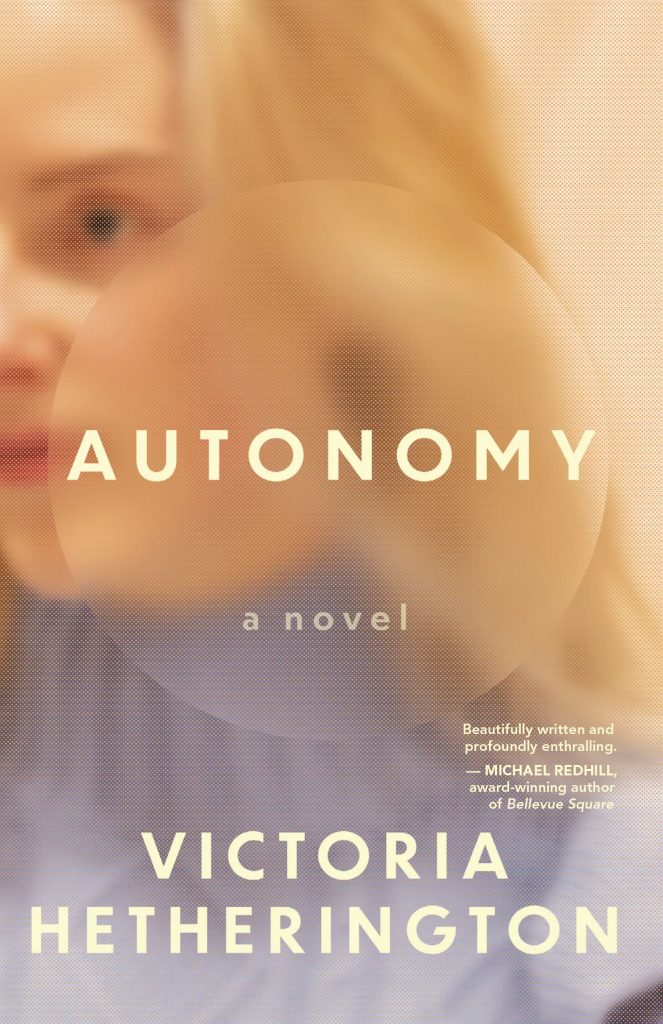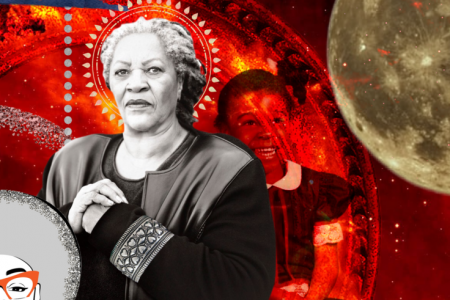
Autonomy
Victoria Hetherington, 263 pgs, Dundurn, dundurn.com, $23.99
Who gets what, who controls whom, what personhood is and what obligations come with it: these questions twitch and turn inside the heart of Toronto author Victoria Hetherington’s unsettling second novel, Autonomy. It’s the story of Slaton, a woman scraping by in a world that feels much like the one we currently inhabit, but with the knobs cranked up to 11. The climate is in full meltdown; the distribution of wealth is even more pronounced, with the rich escaping to near-orbital space; the rampaging virus is a little more alien and terrifying.
When Slaton gets framed for counseling a student to seek an abortion — now illegal in the American Protectorate of Canada — she agrees to experimental AI therapy in order to avoid legal consequences. But Slaton and the AI, named Julian, form a stronger bond than expected. When a new virus emerges, Julian counsels Slaton to seek safety by marrying a wealthy hotelier who lives in gated luxury. The plot proceeds from there, unspooling in a way that feels eerily like a natural extension of now, a piece of real time that we haven’t lived through yet, but will. Certain details are deftly positioned to tip suddenly from funny to bleak: the beer that costs $26, the friend named Khaleesi, the passing mention of a Russian nuclear strike on Fargo.
For all its prescience, Autonomy feels in a good way like a classic novel: packed with ideas, unapologetically smart, and powered by captivating prose. There are comparisons to be made — with Le Guin and Atwood and Ishiguro; with Blindness and Station Eleven — but Hetherington’s aesthetic is singular. It accommodates both beauty and horror equally, and balances on an ethical line that many writers ignore or avoid. It is frank about sex as an act of both physicality and will. You can smell the bodies here, feel their sickly heat. Like the author’s debut, Mooncalves, this is body horror in which the flesh and its merciless machinations — lust, disease, hunger, and especially ageing — are the truest obscenity. Yet the trials of unbearable meat are balanced by moments of melancholy emotional wonder: “I’d turn his gratitude over and over,” Slaton says of the rich husband she loves and loathes, “but it was like searching for the ocean in sea glass.”
Autonomy is too canny to offer much hope. It finishes abruptly, with an open question. Some might call its perspective cynical. But Hetherington writes with a clarity and vision that is the mark of a truly fearless artist, unafraid to show us the grim inheritance we sleepwalk toward, imagining ourselves free.



